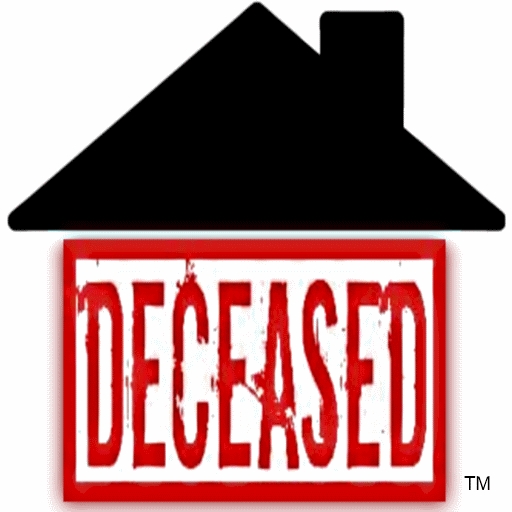On May 31, 2013, Simply Put Solutions, Inc. a software development company released the first of its kind, web-based application called Died in House ™ found at www.diedinhouse.com. Using a valid U.S. address, Died in House ™ instantly searches millions of records to determine if a death has occurred at that location. Because the address of death is not always documented, a Died in House ™ Report will also contain the names that are associated to the address and the vitality status of each name. The additional information saves customer’s time and money by reducing the amount of effort it would normally take to research the address history manually.
How would you know if someone has died in a house? Well if it is a new home then the answer is obvious, but how about in a used home? Most state law requires sellers to disclose defects such as “small leak”, but not death. There are a few states that require disclosure, but only if the buyer asks and the seller knows. California is one of the only states that currently have a law that requires the disclosure of a death that has occurred within three years prior to the sale of the property.
If you bought a house and later found out that someone had died in it, would that bother you? If no, is that because you are assuming that the person died peacefully. What if they were the victim of a brutal murder or they committed suicide?
In Susanna Kim’s ABCNews.com article she writes about a Pennsylvania woman who sued the seller and agent of her newly purchased home in 2012 for failing to disclose that a murder-suicide occurred in her home a few years earlier. Kim states, “The trial judge granted judgment in favor of the seller, saying state law does not require agents to disclose such events.” The article goes on to mention that state law requires sellers to disclose defects such as “small leak”, but not that a, “gunshot murder-suicide was committed within the home”. The women’s attorney made the point that, “Physical defects can be fixed, but the stigma of a horrific murder suicide will never go away.”
Can a death at a property impact its value? During the PA trial the buyer argued that, “the suicide/murder was a material defect and substantially impacted the value of the house”. In support of this claim, she cited the reports from two real estate appraisers retained by her. Both appraisers were of the opinion that the murder/suicide lowered the value of the property between ten and fifteen percent.”
To some buyers, a death in the house would be an insurmountable defect, but depending on the person and the situation a death associated to the property may be desired, especially, if the property is associated with a famous death or ghost story. For example, the JonBenet Ramsey house in Boulder, Colorado is notorious for being the location of the brutal murder of the 6-year old little girl. It initially sold for $650,000 to a group of investors. A year later it sold for over a million dollars. Another example is the Lizzy Borden house; it was the location of the famous axe murder back in 1892. It now is a famous Bed and Breakfast that can be rented out for $1500 per night.
Maybe you are afraid of ghosts? According to a recent FOX News poll over 1/3 of US citizens admit to believing in ghosts. That comes out to around 100 Million people. It leads me to wonder how many are just not admitting it. If you are a believer of the paranormal, would you be upset to find out that someone has previously died in your house? Would you have bought the house if that information was disclosed to you?
Died in House ™ does not guarantee to have all deaths that have occurred in or at a specific address; it is an informational use only type of service. They do have access to over 118 million records from various sources and that number continues to increase daily. DiedinHouse.com is merely a great tool to use to assist you with finding out if someone has died at a specific address. It is always recommended that before anyone purchases or rents a used home, to run a Died in House ™ Report, ask the seller if they are aware of any deaths, speak with neighbors, search the address online and check city and county records for any information related to the property.
Whether your state has a disclosure law or not, sellers should always disclose any pertinent information that could have an impact on the value of the home, including a death that has occurred at the property.
Thankfully, no matter how you may feel on the matter, property buyers, sellers and real estate professionals can now quickly get help at finding out if someone has possibly died at a specific address by using the Died in House ™ application available online at www.diedinhouse.com

